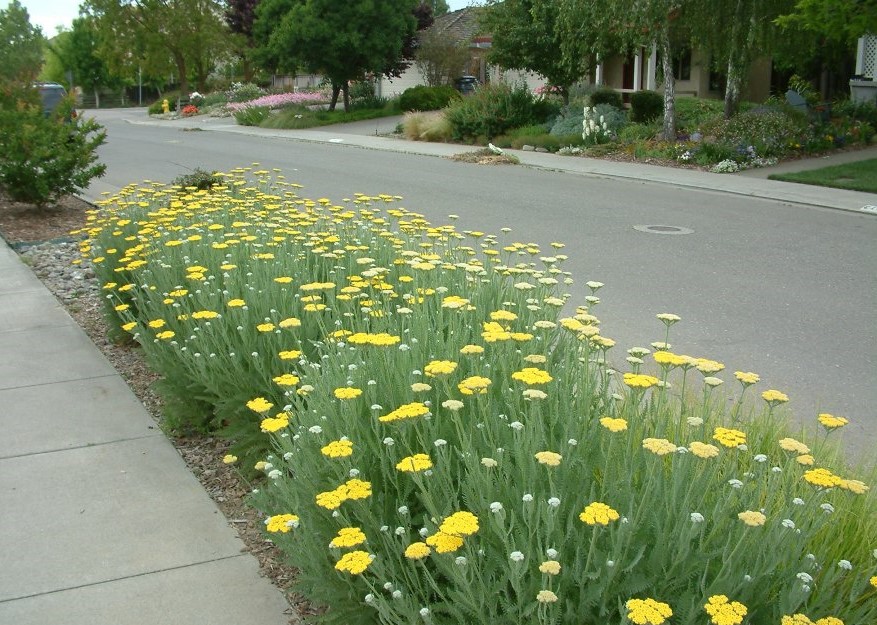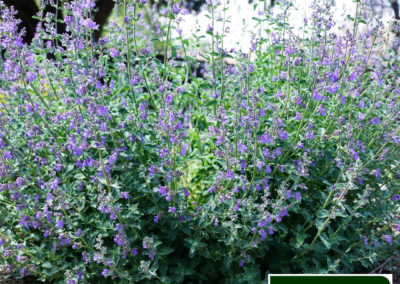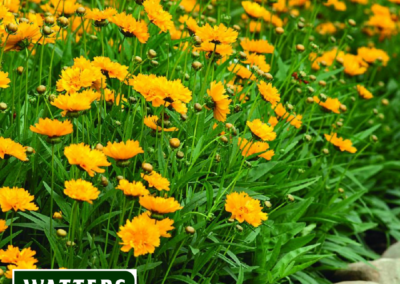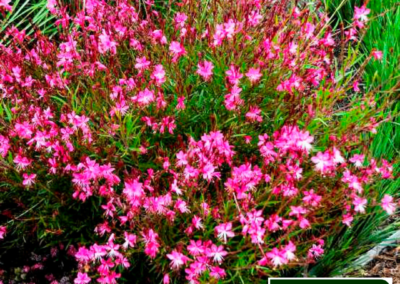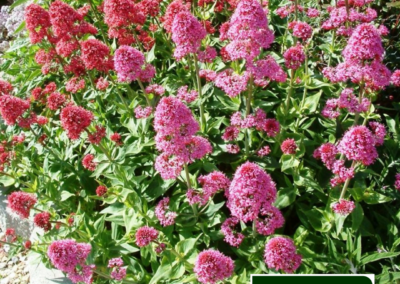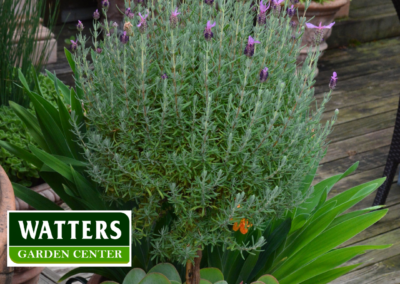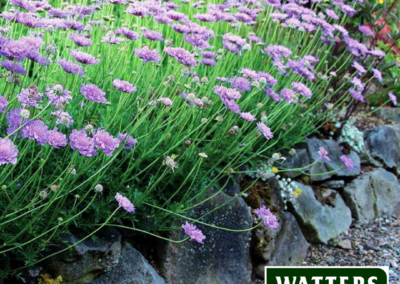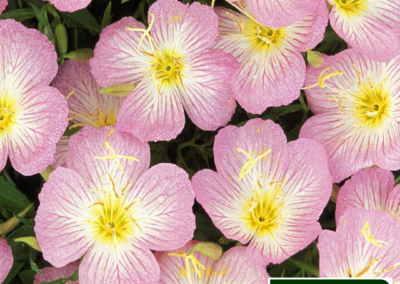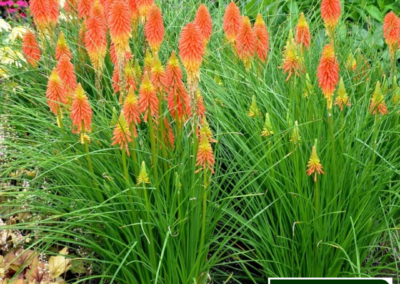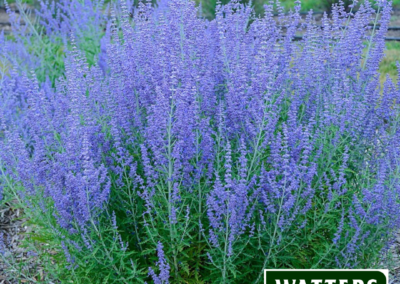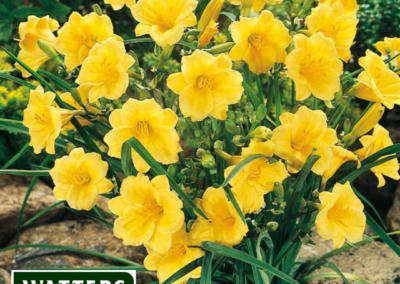The Best Perennial Flowers for June and Beyond
By Lisa Watters-Lain, Arizona’s Garden Gal
There are two types of flowers: annuals and perennials. Annuals bloom non-stop the entire season we spend outdoors, then fade in the winter cold. Perennials typically have a shorter bloom cycle but come back year after year for decades of garden enjoyment.
June is when you will find the largest variety of perennial flowers at Watters Garden Center, but here are my favorites for the best show through the summer heat.
- Crazy Blue Russian Sage. Plant these en masse to add a blue Southwest drift of color to the landscape. This is the perfect alternative to lavender in cottage gardens or along fence lines. Its casual character is equally suited for wild gardens amidst rock outcroppings and large boulders. Not only is it outstanding at the edges of dry stream beds with wildflowers, but it’s also animal-proof!
- DayLily. A sensational, award-winning selection that blooms with massive clusters of large flowers. If spent flower stalks are removed, the newest mountain varieties re-bloom freely into early fall. This easy plant forms neat, compact foliage clumps.
- English Lavender. This beauty is used to scent linens, sachets, and potpourris for an effortless touch of class to any home. Even gardeners with no interest in such domesticity grow lavender to “class up” their landscape, patio, and decks. A sun worshiper, lavender grows to knee height, is animal-proof, and only killed by too much water.
- Saucer Coreopsis. This orange perennial is a desirable substitute for annual marigolds; it’s the same color and a similar shape. Perfect for “wannabe” gardeners with black thumbs because it is tough as nails and re-seeds for a natural wildflower look.
- Giga Blue Pincushion Flower. The largest of the pincushion flowers found with exquisite violet flowers, the 2-inch blooms on this plant arise on stiff, upright stems above a small, naturally compact mound of finely cut foliage. Butterflies are naturally drawn to its honey scent.
- Jupiter’s Beard (Centranthus). With globular clusters of fragrant, bright carmine flowers complemented by sedum blue foliage, this lush plant blooms for an extremely long season in poor, dry soils, spreading like wild poppy and penstemon. Deer- and rabbit-proof.
- Mexican Primrose. The worse treatment this pink bloom gets, the better it blooms. Tromp on it, mow it, and forget to water this perennial for summer-long color. A super-tough ground cover.
- Passionate Rainbow Gaura. Bearing a profusion of rose flowers from spring to fall, and with its variegated foliage of green leaves, white margins, and pink tones, this showstopper is as charming as its blooms. The two-foot-tall plant has excellent tolerances to heat and drought. Hummingbirds love to visit each flower in rock gardens, borders, and containers.
- Red Hot Poker (Kniphofia uvaria). The standard Red Hot Poker, most aptly named, grows to a height of three feet, with red and yellow cylindrical flowers. A dwarf Popsicle series found at Watters Garden Center grows just eighteen inches in Mango, Redhot, and Pineapple colors. This bloomer loves blistering hot sun, wind, and neglect … and the good news is, javelinas don’t like it!
- Walkers Low Catmint. More than just a little herb for the cat to frolic, this variety gained cult status when it was named 2018 Perennial Plant of the Year. Stunning blue leaves complement a natural border, and bees delight in the nectar-rich violet blooms. Plants grow knee-high but have a prostrate habit used often as a ground cover. Javelina, deer, and rabbits find this plant utterly detestable!
- Moonshine Yarrow. An herb that blooms summer through fall on one-foot-long stems, the native species blooms in yellow. The plant is so happy in Arizona that we continuously introduce new colors like pink, paprika, white, and red. Grown as a medicinal, yarrow was used to staunch the flow of blood. It likes to be deadheaded, fed regularly with Flower Power, and given lots of sun. Yarrow is noted for repelling Arizona rattlesnakes.
Until the next issue, I’ll be helping locals choose the prettiest flowers for summer gardens here at Watters Garden Center.
Throughout the week, Lisa Watters-Lain can be found at Watters Garden Center, 1815 W. Iron Springs Road in Prescott, or contacted through her website at WattersGardenCenter.com or Top10Plants.com.

